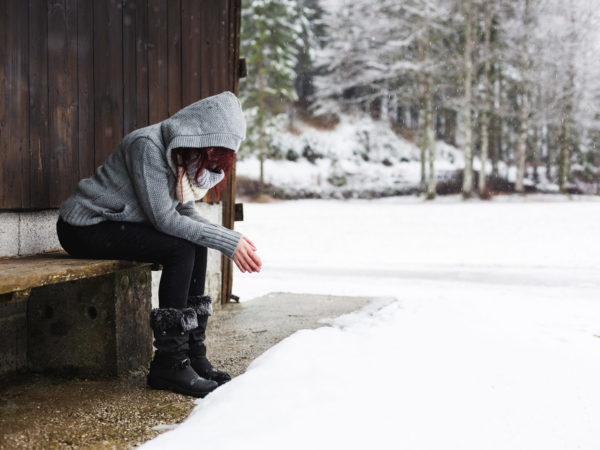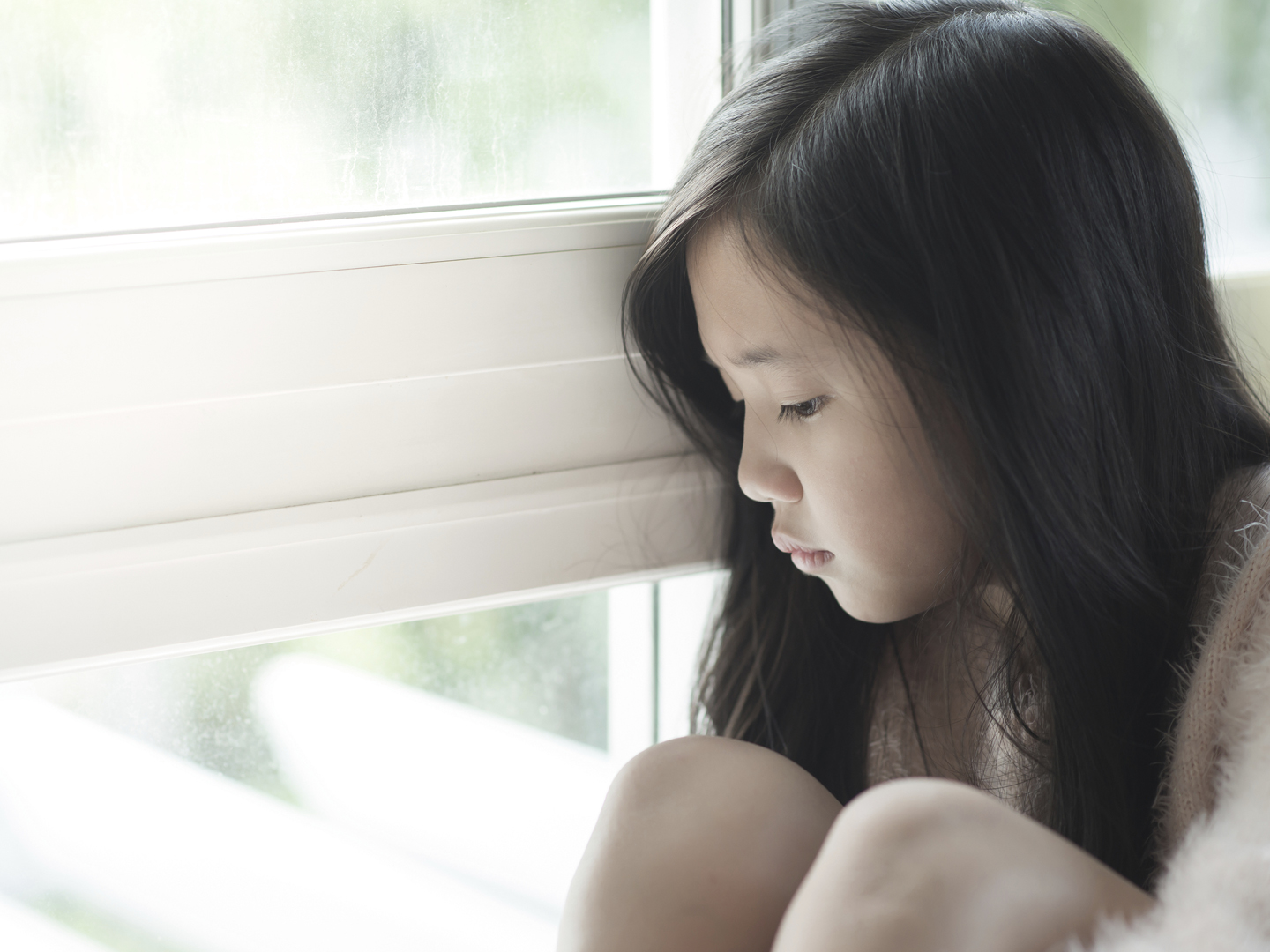Anticipating The Holiday Blues?
Do you know why so many people (including me) are depressed during the holiday season even though they’re surrounded by family and friends?
Andrew Weil, M.D. | December 8, 2015

The holiday season definitely generates a lot of stress, tension and depression. Some of the reasons are obvious: the pressure of all the work involved – shopping, coping with increased traffic, cooking, decorating and, of course, dealing with difficult family relationships, not having enough time to make things as perfect as you may wish, and the burden of often pointless and frivolous expenses, especially in these tough economic times.
I discussed this subject from another perspective in my new book Spontaneous Happiness. I believe that the discordance between expectations of happiness and the emotional impact of the winter days in which the holidays occur is a major reason for the high incidence of depression at this time of year.
Our culture tells us that the holiday season is the most wonderful time of the year when we should all be constantly happy. We’re bombarded with this message earlier and earlier every year. We hear it at top volume, on all media channels, so that we cannot escape it. This creates impossible expectations.
Throughout most of recorded history, people in the northern hemisphere regarded the days around the winter solstice as a time of danger. Our source of light and warmth is at its lowest, weakest point in the sky. The months of harshest weather are about to come, a time of short days and long nights, when only the wise can discern the return of the light. At this time of year, the natural cultural response is to gather indoors and huddle in front of fires, feasting together, storytelling, drawing strength from, and renewing, social bonds.
Winter solstice celebrations today have little to do with the natural cycle of the seasons. You and your family may have a better time during the holidays if you try to lower expectations of nonstop holiday cheer and instead, try to recapture what once was our more appropriate cultural norm.
Andrew Weil, M.D.














